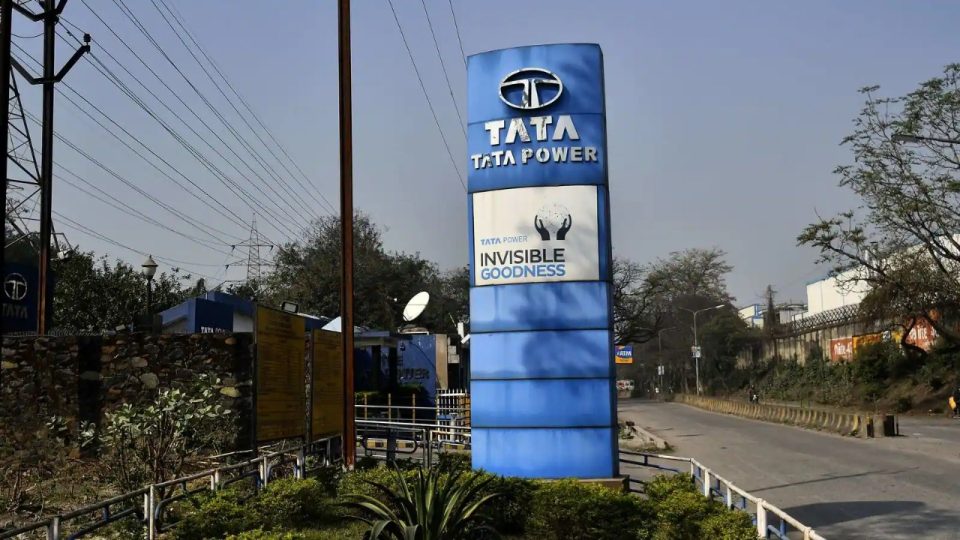On Thursday, Tata Power chairman N Chandrasekaran said that it would spend Rs 75,000 crore over the next five years to expand the capacity of its renewable energy business.
Chandrasekaran told the company’s 103rd annual general meeting virtually that Rs 10,000 crore will be spent in the fiscal year 2022-23 (FY23), bringing the total capital expenditure (CAPEX) for the current fiscal year to Rs 1,400 crore.
Chandrasekaran, also chairman of Tata Sons, the holding company of Tata Group, said Tata Power was taking a “pragmatic” approach to its renewable energy targets, adding 707 MWs of renewable energy capacity.
“This increases our clean and green product portfolio to 34% of total capacity, and the company aims to increase this to 60% over the next five years,” he told shareholders.
Tata Power is boosting its renewable energy business as India plans to switch from fossil fuels to greener ones, while rivals Adani Group and Reliance Industries Limited (RIL) are expanding their clean energy portfolios.
Adani Enterprises said in September last year that it would invest $20 billion (1.48 trillion rupees) over ten years in the renewable energy supply chain, including power generation, manufacturing, transmission and distribution.
Tata Power is the first company to announce a net carbon zero target. Praveer Sinha, managing director of Tata Power, told Business Standard last year that the company would abandon investment in coal-fired power plants to achieve zero carbon emissions by 2050.
The company has brought forward its net-zero carbon target by five years to 2045. It aims to be 100% water neutral and zero waste by 2030.
On Thursday, Chandrasekaran said that under an MoU signed with the state government last week, the company would invest Rs 3,000 crore to build 4 gigawatts of solar cell and module manufacturing capacity in Tamil Nadu. He said the company also has orders for solar engineering, procurement and construction of Rs 13,000 crore.
“The company is equally focused on developing consumer-centric new-age energy solutions, including solar roofs, electric vehicle chargers, solar pumps, smart meters and energy management solutions,” he said.
Chandrasekaran said the company has entered into a strategic partnership to create a renewable energy platform, which has received an investment of Rs 4,000 crore.






